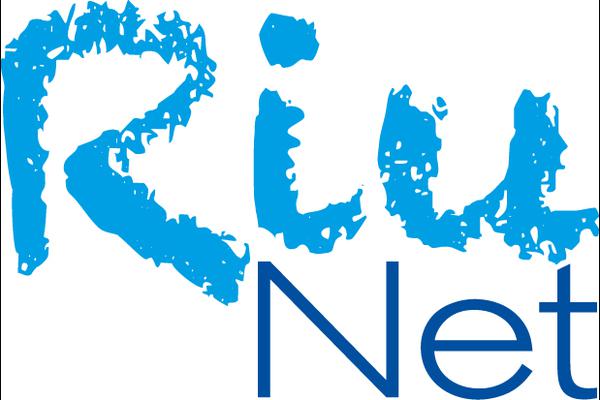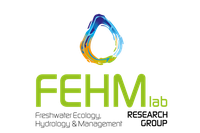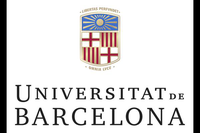RiuNet
from 01/11/2015
RiuNet is an interactive educational tool that guides any citizen in the assessment of the hydrological and ecological status of Mediterranean Rivers. At the same time, it is a Citizen science project since it provides scientific data to the researchers of the Freshwater Ecology, Hydrology and Management Research Group (FEHMlab) of the Department of Evolutionary Biology, Ecology and Environmental Sciences of the University of Barcelona.
What will you achieve by participating?
1. You will learn how rivers work and about the organisms that live in them.
2. You will assess the quality of your river, and measuring its hydrological and ecological status.
3. You will provide data to both researchers and stakeholders, helping to improve management and conservation of the river.
4. Above all, you will have fun doing it!
Aim
RiuNet is a citizen science project that aims to bring citizens closer to rivers and involve them in the evaluation of their hydrological and ecological status. And, in addition, it promotes citizen participation in environmental management of rivers.
The RiuNet app guides the user in the application of an environmental diagnosis protocol to determine the state of health of a river, based on different indicators of hydrological, hydromorphological and biological quality. In this way, with the help of citizens, RiuNet will increase the available hydrological and ecological information of Mediterranean rivers. Meanwhile, citizens can learn what rivers are like, what organisms live there, or what problems are caused by humans.
Needed equipment
- The RiuNet app
- Appropriate footwear for entering the water: Wellies, sandals, water shoes, flip-flops, etc.
- A net for collecting macroinvertebrates: You can make your own net using a wire and mosquito netting, or other similar materials. Remember that the animals you will be collecting are very small animals, so the holes in the net must be also as small as possible.
- A plastic tray or other plastic container: for temporary storage of the animals that you collect, and to make them easier to observe.
- Magnifying glass and tweezers: these will help you to handle better the animals you collect.
- Rubeer gloves: to protect you against harmful microorganisms. If you think that the river may be polluted, you must use them.
- Guides for identifying plants and animals. The RiuNet app will help you to identify macroinvertebrates, but any other materials to recognize plants and animals that you may have may be useful.
- 4% bleach solution (spray bottle): use this to clean equipment and footwear before entering the water and when switching to a different stretch of the river. If you don’t clean and sanitize your equipment, you may spread harmful microorga-nisms, causing damage to river ecosystems.
About branding
Logo design by: FEHM
Created June 22, 2021, 2:55 p.m.
Updated Nov. 9, 2021, 9:35 a.m.


